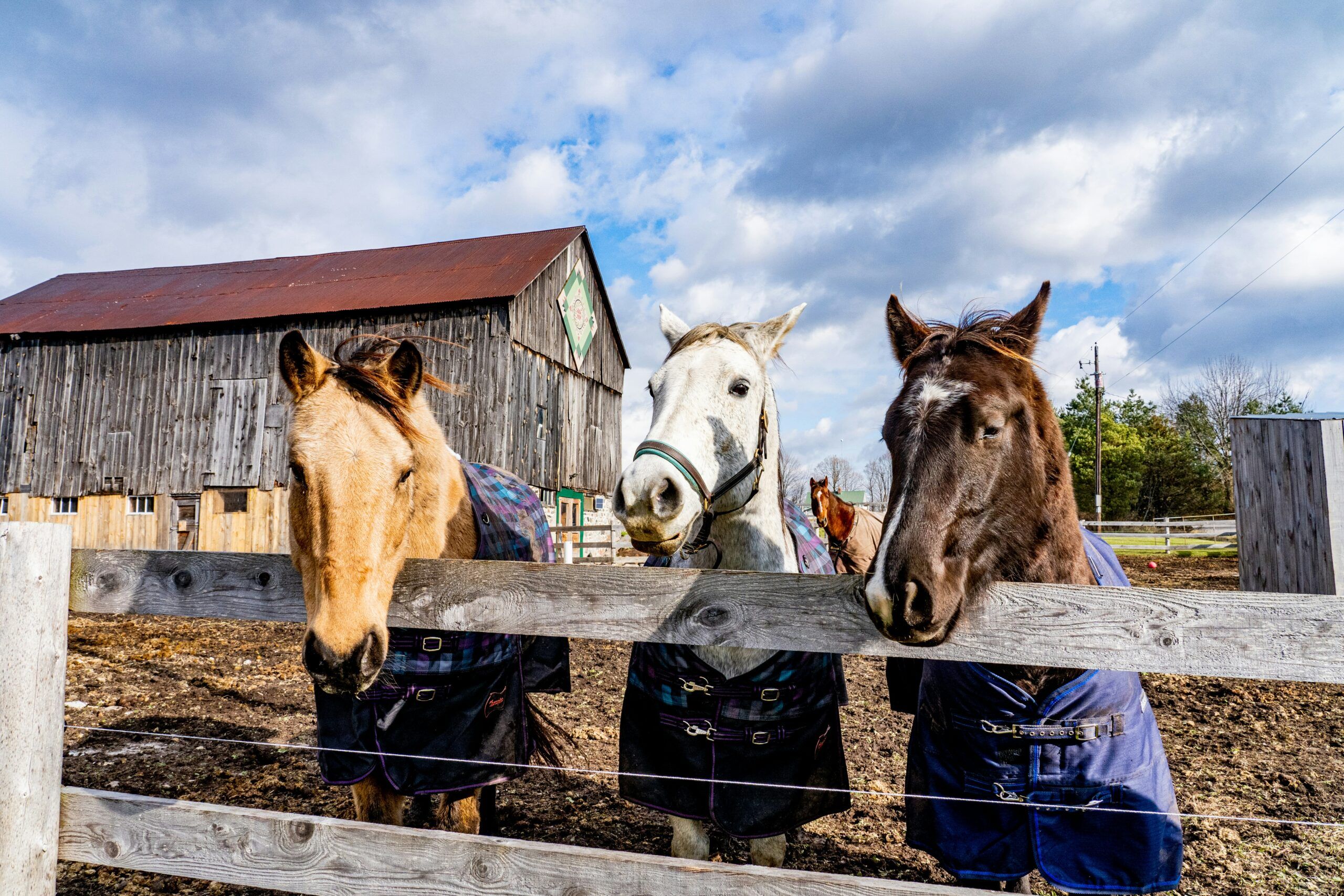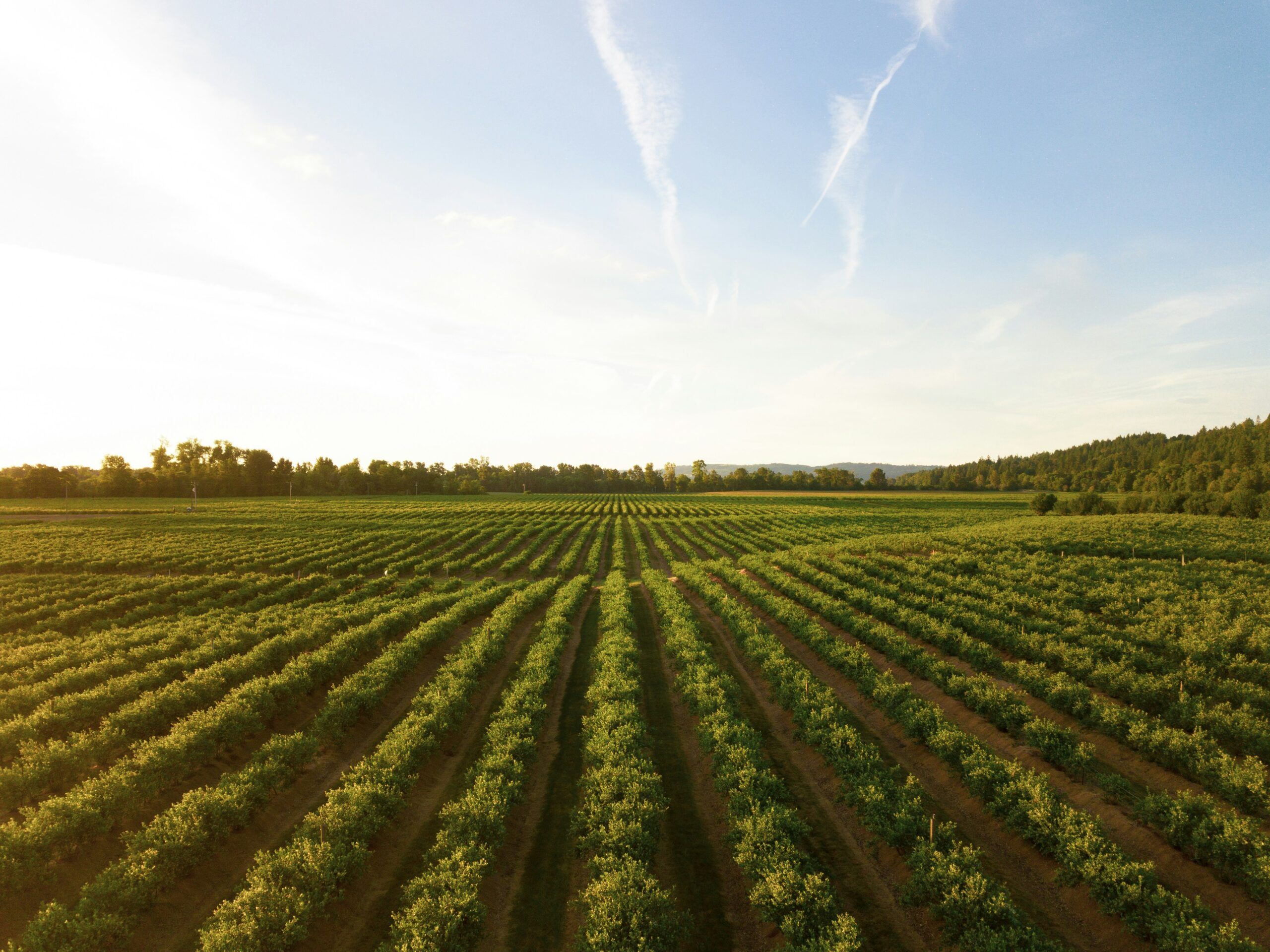Saratoga Horse Farm Tour
CCE Saratoga Horse Farm Tour on August 17th
On Saturday August 17th, Saratoga County Cornell Cooperative Extension is partnering with horse farms in Saratoga County for the annual Horse Farm Tour. This is a free opportunity for the public to visit and learn about the horse industry in the county.
The farms are located throughout Saratoga County, from Schuylerville to Galway. The participating farms include Mill Creek Farm, Alliance 180, Saratoga Glen Farm, Therapeutic Horses of Saratoga, McMahon of Saratoga Thoroughbreds, and Rood and Riddle Equine Hospital. All farms are open from 12-4pm except for Rood and Riddle Equine Hospital, which is offering two guided tours that day at 1 and 3pm ONLY.
Mill Creek Farm is in Stillwater and is a family-owned full-service Thoroughbred breeding farm. They specialize in individual care, boarding, breeding, and raising of horses. 1019 County Route 70, Stillwater, NY 12170
Alliance 180 is an equine therapy program focused on veterans, first responders, and frontline healthcare workers in Galway, New York. 5846 Jockey St, Galway, NY 12074
Saratoga Glen Farm located in Schuylerville is a full-service boarding farm that offers boarding for foaling and barren mares, yearlings, weanlings, lay-ups and stallions. They also are a full-service consigner to major horse sales throughout the country. 100 Duell Rd, Schuylerville, NY 12871
Therapeutic Horses of Saratoga is a nonprofit organization that provides Equine-Assisted Psychotherapy and other healing programs for individuals dealing with mental health challenges. 683 NY-29, Saratoga Springs, NY 12866
McMahon of Saratoga Thoroughbreds breeds and raises racehorses and has been doing so for over 50 years. 180 Fitch Rd, Saratoga Springs, NY 12866
Rood and Riddle Equine Hospital, located in Saratoga Springs and near one of the Saratoga county’s most historic racetracks. 63 Henning Rd, Saratoga Springs, NY 12866
Make sure to visit some of our local horse farms on August 17th for the Saratoga County Horse Farm Tour. For any questions or information about the event contact Nicolina at nvf5@cornell.edu.

